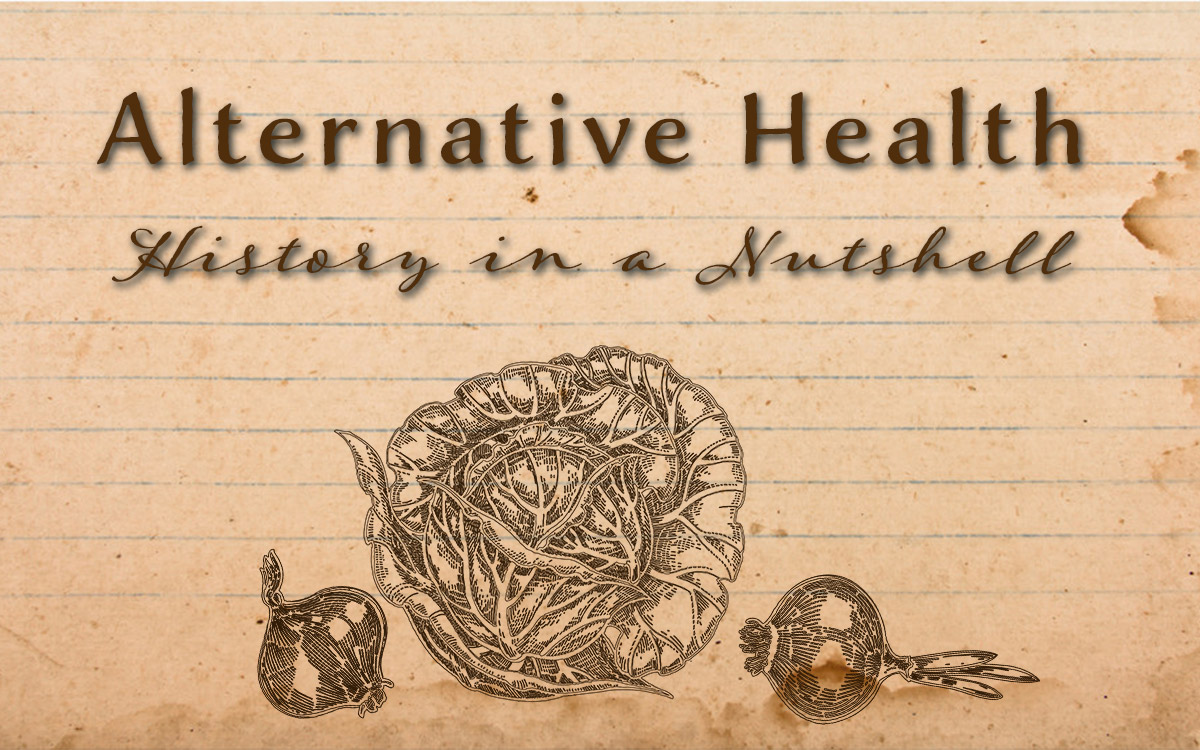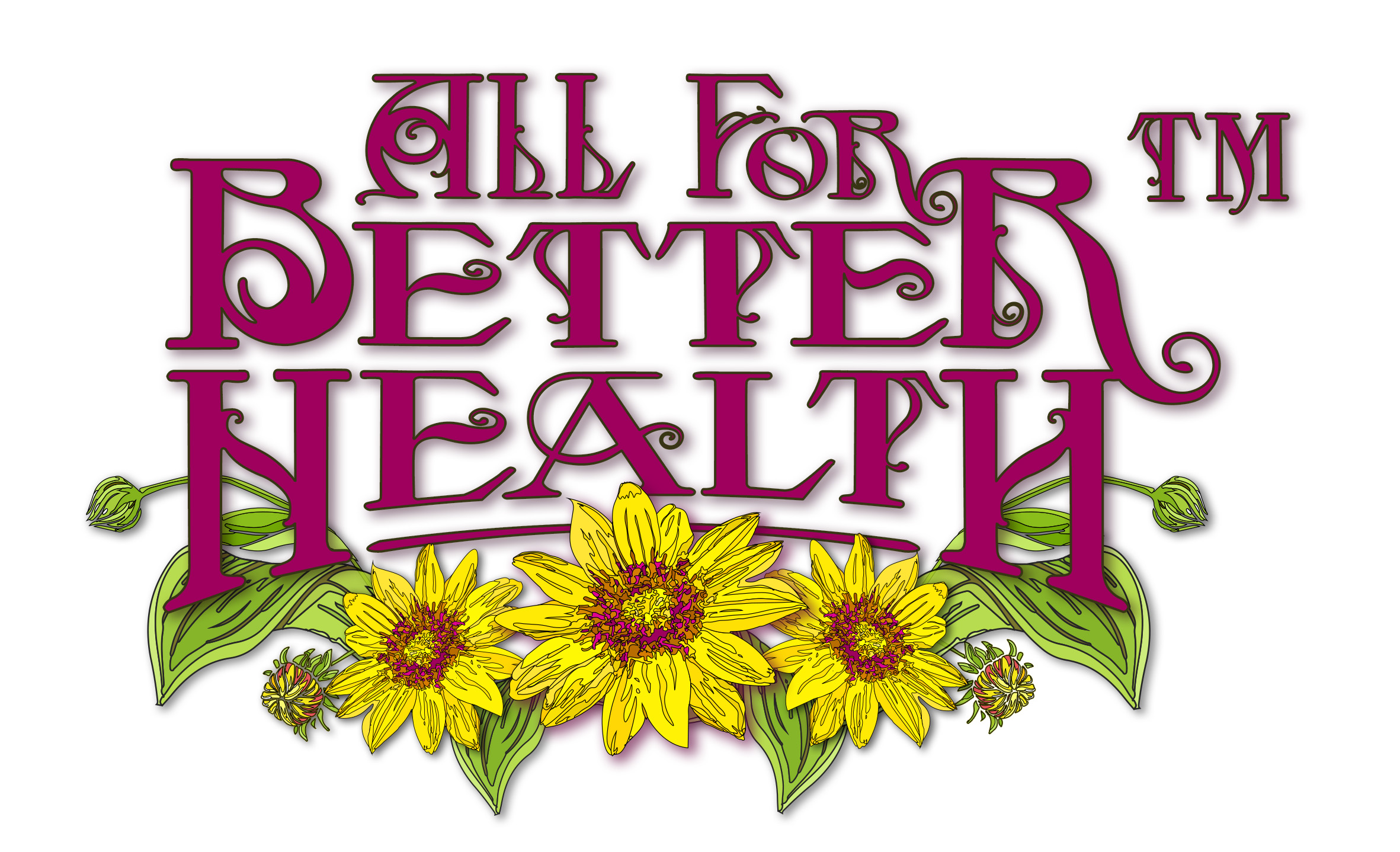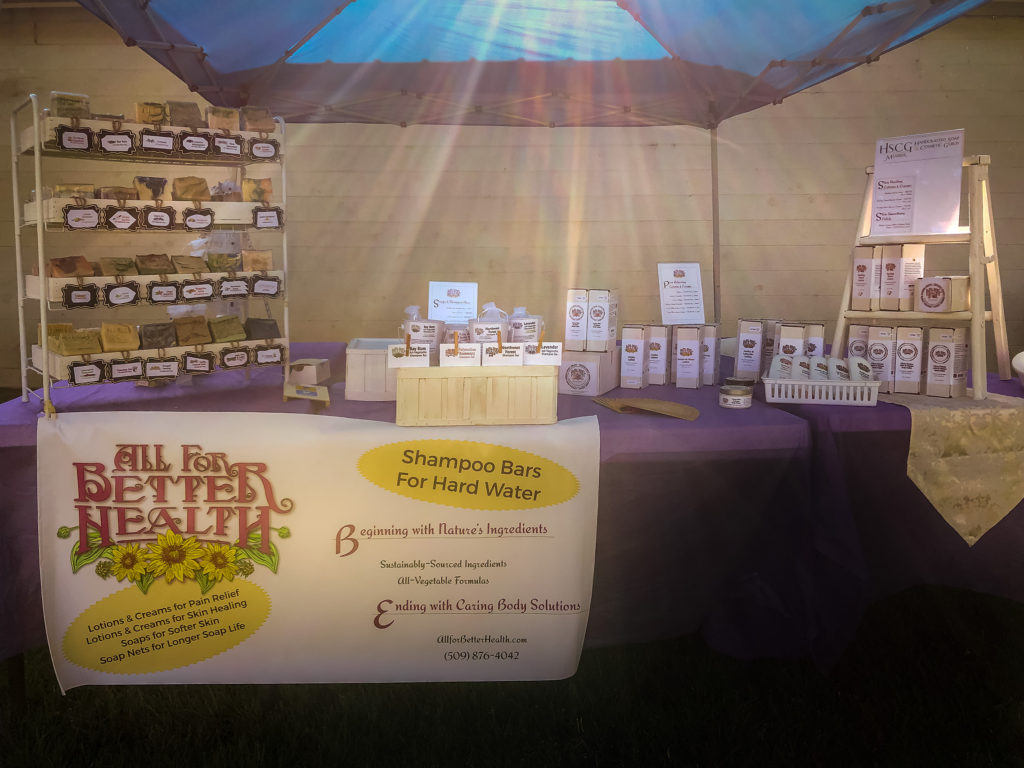
At one time, what we call alternative health was the primary health treatment modality. Unfortunately, much of that modality had little foundation in proof. It was all anecdotal. If someone thought an herb helped them, then it had.
In addition, they practiced sanitation in only one place in medieval Europe—the Jewish ghetto. Thus, few appreciated the benefits of a clean environment on human health and wellbeing. If herbs contained healing properties, they worked in spite of the unsanitary conditions.
Then Science and Alternative Health Clashed
Then came the scientific age. Rapidly, the medical knowledge of centuries became superstition. The lure of science created the chemical rush. What came from nature faded into folklore—relegated to ridicule.
There have long been rumblings that all is not right with the chemical approach to life’s aches and ailments. Whether the problem is skin-deep or bone-deep, chemistry is limited in its power.
This is one reason alternative modalities are growing in popularity. However, we must consider whether they are any safer than the chemical approach we are abandoning. Containing natural ingredients does not guarantee safety. In fact, “natural” could lure us into false security.
Science and Alternatives Should Complement Each Other
Science is important to both modalities. For those of us who prefer to treat our ailments with natural remedies, we still need to use scientific evidence to find those natural treatments that will work best for us. We also can’t afford to ignore the diagnostic capabilities of trained physicians. If you’re guessing at what’s wrong with you, you may choose the wrong natural treatment.
Since the late 1800s, a strong movement toward restoring health through natural means has waxed and waned. Not all the products produced then were ‘snake oil.’ Yet, many were. For this reason, I believe we should be grateful the FDA regulates the drug industry.
At the same time, we should likewise be diligent to protect our freedom to choose alternative remedies and treatments. As long as the label states a product’s claims have not been evaluated by the FDA, producers of alternative products should be allowed to market their wares.
For example, our arnica lotion makes the claim that it may reduce the discomfort of muscle strains and over-exertion. We don’t test the lotion in clinical trials, so we’re unable to report how effective the formula is. However, we do have personal and anecdotal evidence to support our claims.




